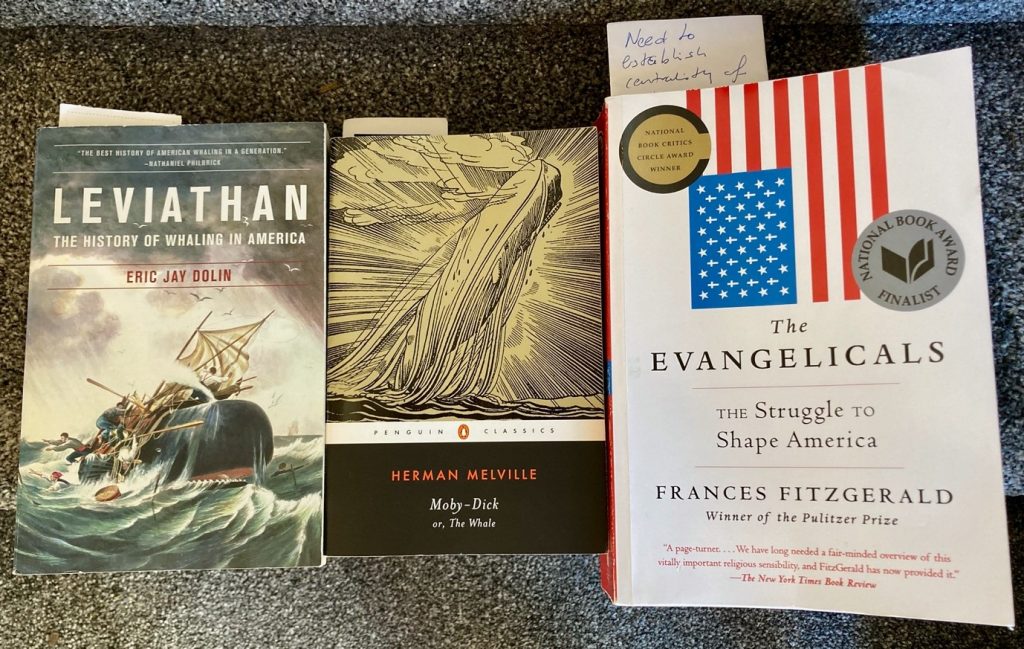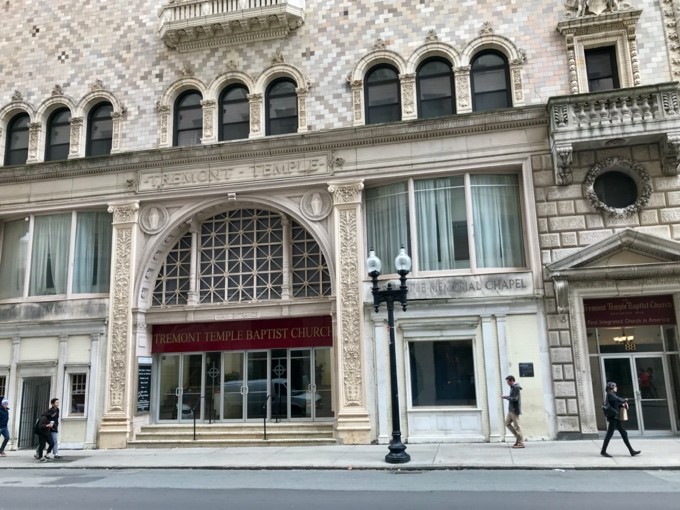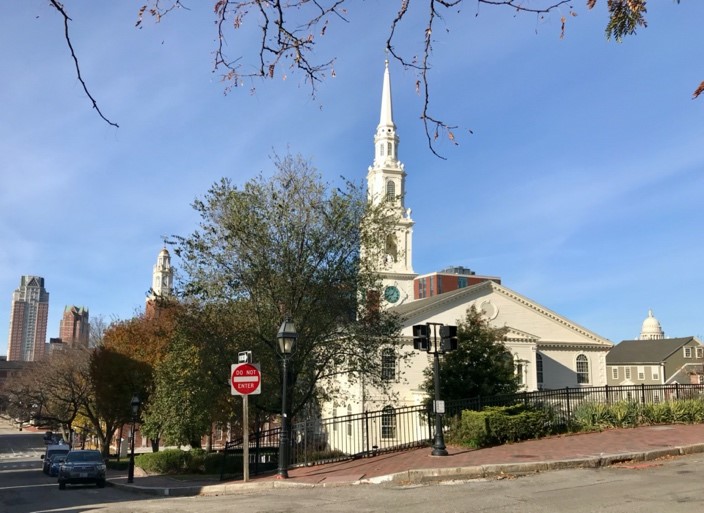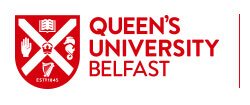By Stefan Andreasson, Reader in Comparative Politics
As we’re moving into Reading Week in a semester quite unlike any other, I wanted to take up the invite to share some brief thoughts on what I am currently reading. The days when I was sufficiently organised to begin and finish one book at a time seem long gone, and at the moment I am reading three fascinating books.

My main research focus in recent years is on the political economy of energy transitions, with a focus on the politics of “Big Oil” in the USA and sub-Saharan Africa. More specifically, I am currently working with a colleague in Maine on a historical project where we investigate how the case of Anglo-American naval contestation for sperm whale oil (a crucial ingredient in 19th Century industrialisation) in the decades following American independence provides us important insights into Balance of Power theory in International Relations, the securitisation of energy resources and the dynamics of energy transitions, including the currently unfolding one away from fossil fuels and towards renewable sources of energy.
To that end, I am reading Eric Jay Dolin’s very engaging history of American whaling, Leviathan: The History of Whaling in America (2008). This book is pitched to a general readership, but also provides a wealth of valuable historical sources and data that are of use for more specialised research purposes like ours. The history of our modern civilisation is a history of energy transitions – from biomass to fossil fuels like coal, and later oil and gas, and now more recently renewables like solar and wind – and the history of whaling can profitably be read in this context.
As whales, and the 19th Century, are very much on my mind at the moment, I am also taking the opportunity to finally read Herman Melville’s classic, Moby Dick; or, The Whale (1851). It is one of those immensely influential works of fiction – in this case with a good amount of intriguing contemporary social history, not to mention insights into the exciting world of cetology, thrown in – that you cannot help but feel that you ought to have already read. If and when it was taught in my Swedish secondary I must have been occupied elsewhere.
Notably, Captain Ahab’s monomania is a timeless force to behold:
“All visible objects, man, are but as pasteboard masks. But in each event–in the living act, the undoubted deed–there, some unknown but still reasoning thing puts forth the mouldings of its features from behind the unreasoning mask. If man will strike, strike through the mask! How can the prisoner reach outside except by thrusting through the wall? To me, the white whale is that wall, shoved near to me. Sometimes I think there’s naught beyond. But ’tis enough. He tasks me; he heaps me; I see in him outrageous strength, with an inscrutable malice sinewing it. That inscrutable thing is chiefly what I hate; and be the white whale agent, or be the white whale principal, I will wreak that hate upon him. Talk not to me of blasphemy, man; I’d strike the sun if it insulted me.”
Certainly, the spirit and psychology of revenge is one driving force of social and political action throughout the ages. Combined with Melville’s breath-taking accounts of the vastness of our oceans and the mighty creatures that dwell in it, Moby Dick is that truly great book that we can draw multitudinous lessons from.
Lastly, I am reading Frances Fitzgerald’s The Evangelicals: The Struggle to Reshape America (2018). Fitzgerald won a Pulitzer Prize for her account of the Vietnam War (Fire in the Lake, 1972) and her ability to convey a highly readable and insightful social history is certainly evident in this recent book as well. The history of Evangelical Christians in the USA provides some highly relevant context primarily for my undergraduate teaching on American Politics. This as a consequence of how this prominent demographic has shaped modern American politics, notably with the rise of the Moral Majority in the 1980s, the Christian Coalition’s role in the Republican Party recapturing Congress in 1994 and more recently also in the political coalition that saw Trump elected president in 2016.
In addition, there is also an indirect link between the history of these religious, social and political movements and my research on energy: I am attempting to get a modest research project off the ground which will investigate how American Evangelicals are engaging with climate politics in Washington on the basis of their specific understandings about the relationship between Man and Nature, and to that end the historical context provided by Fitzgerald is highly valuable.
As an aside, reading Fitzgerald’s book I realised that, by chance, I managed to visit and capture (below) at least a couple of places that play a significant role in her history when I was visiting Northeastern University in Boston and the International Studies Association – Northeast annual conference in Providence, Rhode Island in November last year. Remember those days of international travel? How far away and receding in the mists of time they seem now.

The Tremont Temple (above) in Boston, which is usually referred to as the first racially integrated church in America, was founded by the Free Church Baptists in a previous building in 1843, with the current structure being built in 1896. The First Baptist Church of Providence (below) is the first Baptist church in America. Founded in 1638, the original church was replaced by this one built in 1774-75.

For me, the important lesson about reading is a simple one. We will learn something from everything that we read, and as long as we keep on reading, we keep on learning – this irrespective of the specific subject matter at hand.
Enjoy your Reading Week.
